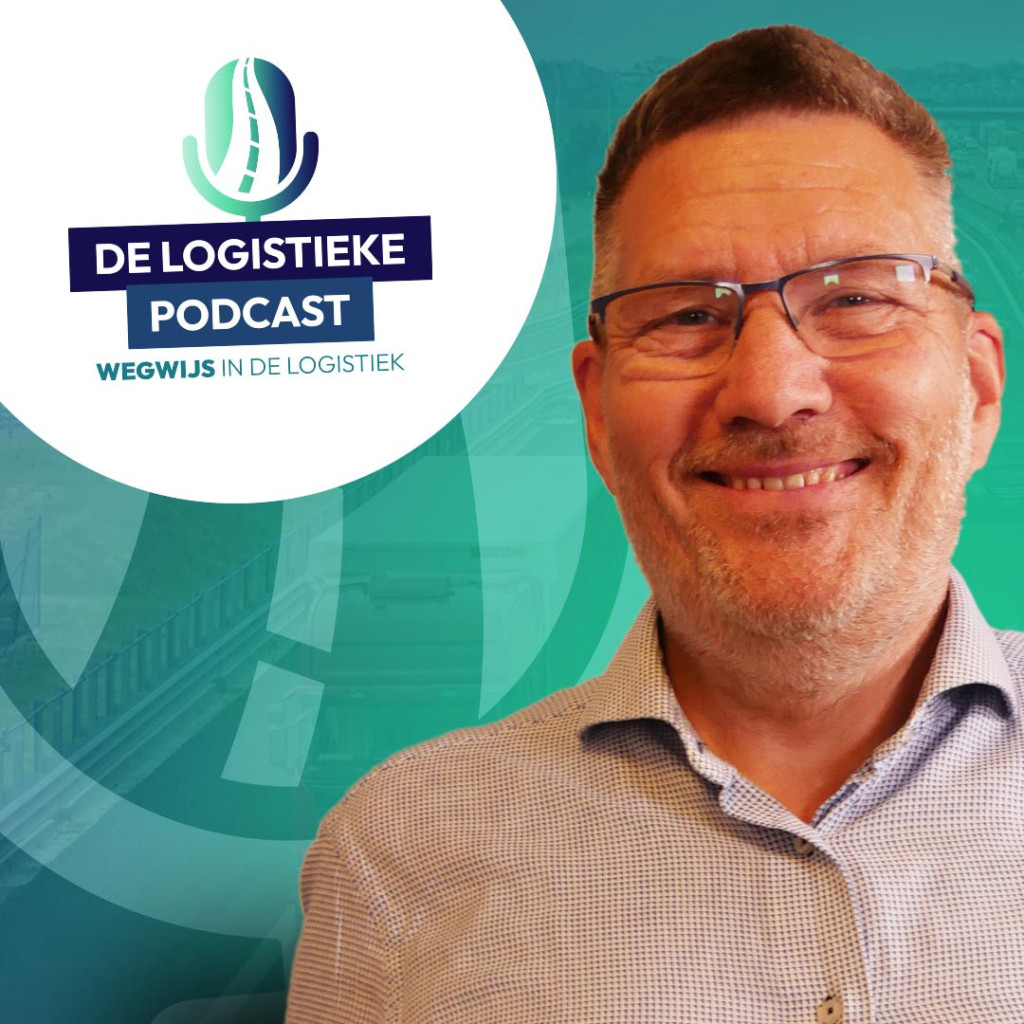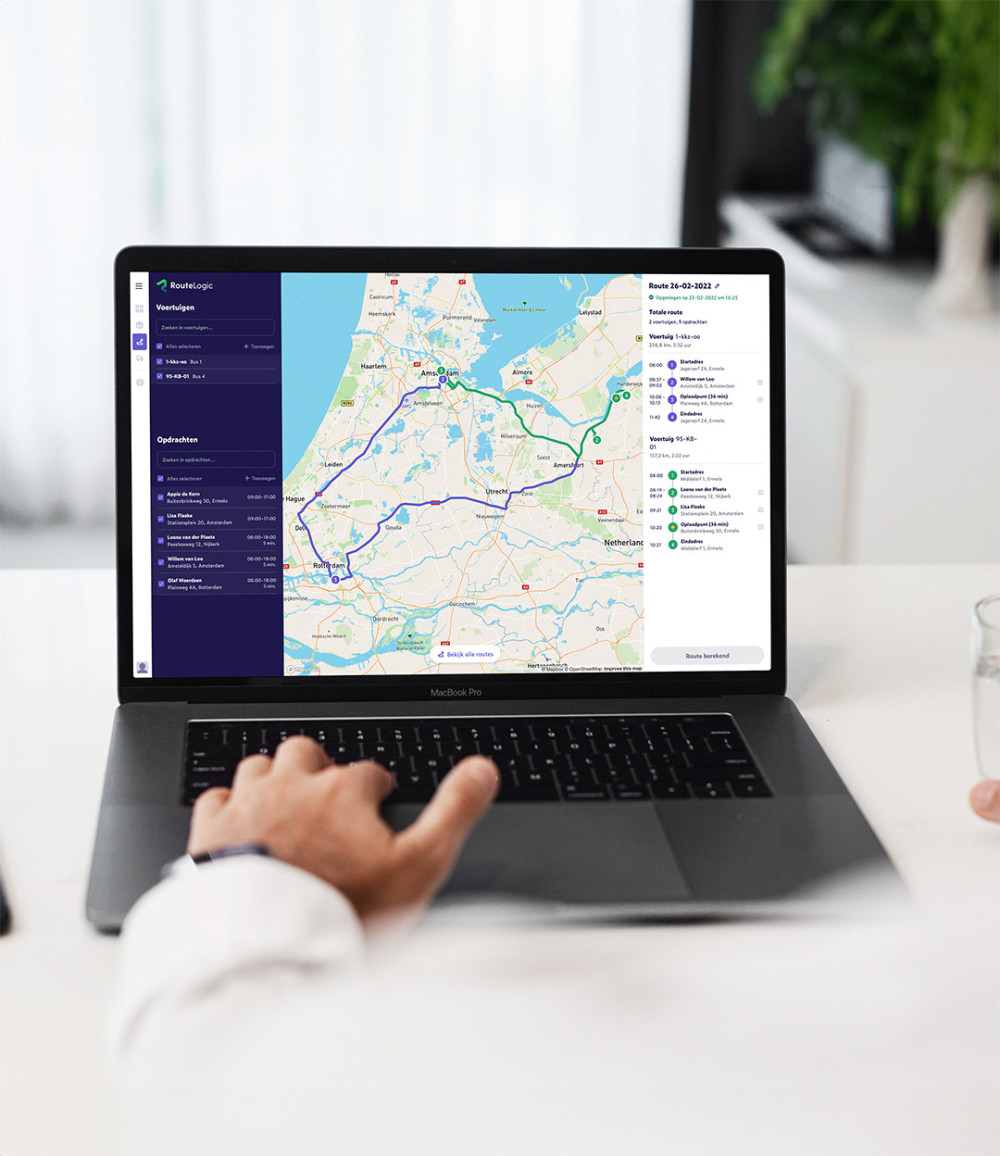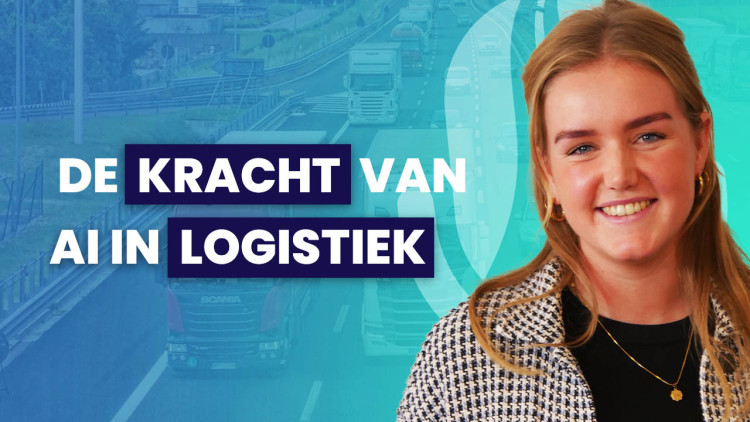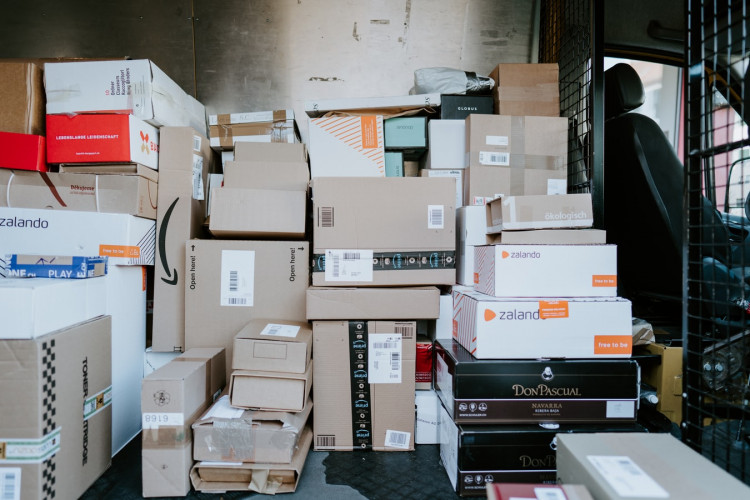From supply chain optimization to AI
Peter Skov has a long career in logistics and supply chain optimization. What attracted him to the industry? The complexity and the ability to come up with smart solutions:
A lot of people saw problems, but I saw solutions.
Over the years, he saw the role of technology grow. From Excel-based planning to advanced AI solutions, it's a natural evolution in the world of supply chain. AI offers new opportunities to speed up processes, minimize errors and better serve customers.
AI in action: better predictions, less uncertainty
One of the major challenges in logistics is estimating the exact arrival time of goods. In freight forwarding, for example, it is often unclear exactly when a container will arrive at a port such as Rotterdam. AI is changing that.
We have deployed AI to accurately predict when a container will arrive, instead of having to guess. Previously that took days of manual figuring out, now we have a reliable answer within minutes.
By cleverly combining data from different sources, UC Group was able to identify delays faster and give customers real-time insight into the status of their shipments. This led to a significant decrease in customer inquiries and significantly improved the efficiency of the operation.
Smarter route planning with AI
AI is not only useful for international transportation, but also for urban distribution. The UC Group has applied AI in route planning to assist planners. An interesting experiment in Philadelphia and Bangkok showed how AI could help plan routes as well as experienced planners who had been in the business for 30 years.
For example, a planner knows that a particular bridge is too low for trucks, or that an exit ramp is unusable during rush hour. AI has to get that knowledge too to work really well.
By incorporating planners' knowledge into an AI model, routes became smarter and smarter. The result? A 15% savings in transportation costs in Bangkok, a significant amount when you consider a fleet of 200 trucks.
The planner of the future: a new role
Does AI mean the end of the logistics planner? Absolutely not. According to Peter Skov, the planner continues to play a crucial role, but the focus is changing:
We will have fewer and fewer planners, but AI cannot work without them. Planners must learn to cooperate with AI so they can work smarter instead of harder.
The planner of the future will be less concerned with manual tasks and more concerned with analyzing and improving AI models. By properly understanding how AI works and how it makes decisions, planners can contribute to ever smarter logistics processes.
AI as a gamechanger in the supply chain
AI is fundamentally changing logistics. From faster and more accurate forecasts to more efficient route planning and fewer errors, the impact is huge. But technology alone is not enough. The combination of human knowledge and AI makes all the difference.
This is just a glimpse of Peter Skov's fascinating story and the innovations within the UC Group. To discover the full experience and all the ins and outs, we invite you to listen to the entire podcast episode on Spotify.
Listen to the podcast for all the details.




